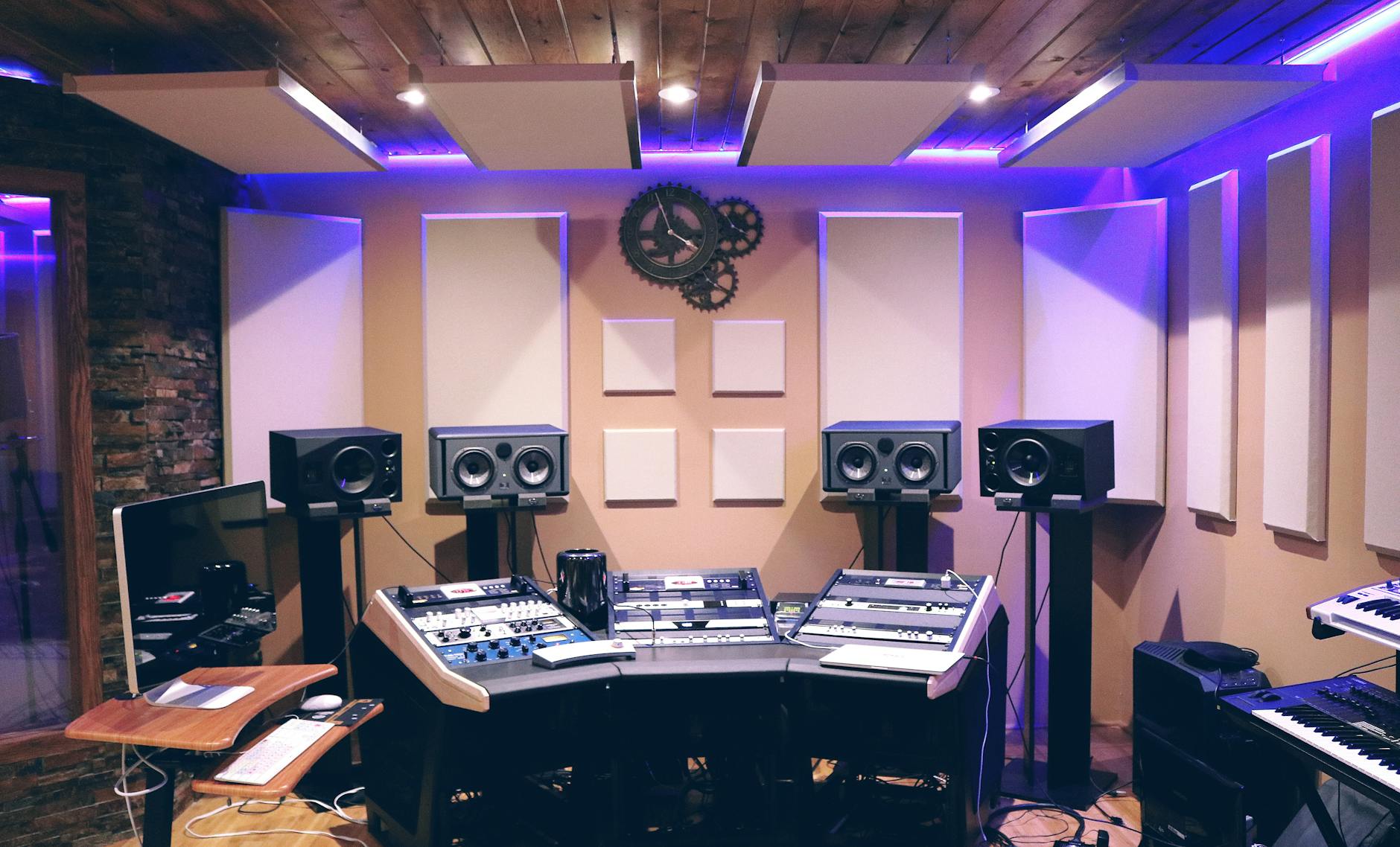In the realm of music production and recording, sound quality is of paramount importance. For musicians and producers looking to create their soundscape in the comfort of their own homes, a music studio garden room can offer the perfect solution. These dedicated spaces provide the ideal environment for creativity to flourish, but ensuring effective soundproofing is key to achieving professional results. In this article, we will delve into expert soundproofing tips for music studio garden rooms, helping you optimize your space for top-notch audio quality.
Understanding the Importance of Soundproofing
Before we dive into the tips for soundproofing a music studio garden room, it’s essential to understand why this step is crucial. Soundproofing helps prevent unwanted noise from entering or leaving the space, allowing you to focus on capturing clean recordings without interference. Whether you’re a solo artist, a band looking to jam together, or a producer working on intricate mixes, proper soundproofing can make a world of difference in the quality of your projects.
Choosing the Right Materials
When it comes to soundproofing a music studio garden room, selecting the right materials is key. Opt for dense, heavy materials that can effectively absorb and block sound waves. Acoustic foam panels, soundproofing curtains, and bass traps are common options for improving sound quality within a space. Additionally, consider investing in soundproof doors and windows to further enhance isolation from external noise sources.
Optimizing Room Layout and Design
The layout and design of your music studio garden room can also impact soundproofing. To minimize sound leakage, position your equipment and furniture strategically to create barriers that help absorb or deflect sound waves. Avoid placing speakers directly against walls or corners, as this can lead to unwanted reverberations and distortions in your recordings. Experiment with different configurations to find the optimal setup for your specific needs.
Sealing Any Gaps and Leaks
Even the smallest gaps or leaks in your music studio garden room can compromise its soundproofing capabilities. Inspect the space for any openings around doors, windows, vents, or electrical outlets, and seal them using acoustic sealant or weather-stripping materials. By addressing these potential weak points, you can create a more airtight environment that minimizes sound transmission both in and out of the room.
Investing in Professional Help
For those seeking the highest level of soundproofing expertise, enlisting the help of professional soundproofing specialists may be worth considering. These professionals can assess your music studio garden room’s unique acoustics and recommend tailored solutions to optimize sound quality. From custom acoustic treatments to advanced soundproofing techniques, their expertise can help you achieve pristine audio recordings and mixes.
Conclusion
Creating a music studio garden room is a dream come true for many musicians and producers, offering a dedicated space to bring their creative visions to life. By implementing expert soundproofing tips, you can elevate the quality of your recordings and ensure a professional sound environment. Whether you’re a seasoned musician or a budding producer, investing time and effort into soundproofing your music studio garden room will pay off in the long run, providing a sanctuary where your musical aspirations can thrive.


